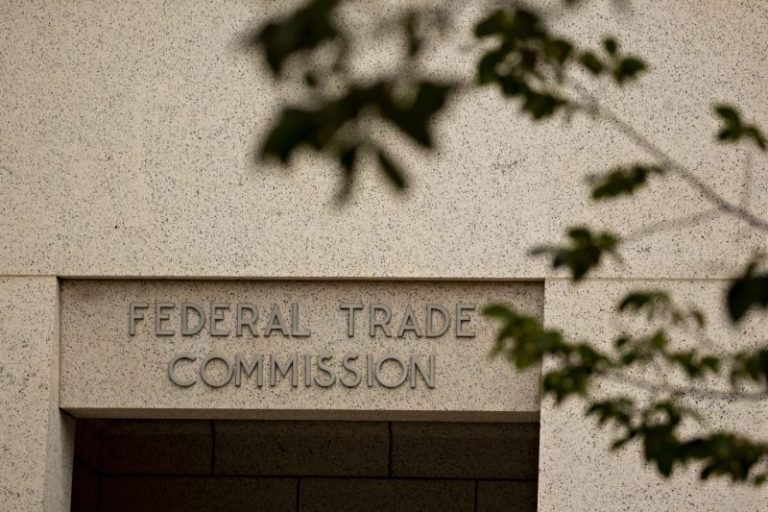The Federal Trade Commission Accuses Three Drug Middlemen of Inflating Insulin Prices
The Federal Trade Commission recently filed a complaint against three major insulin manufacturers – Eli Lilly, Sanofi, and Novo Nordisk – accusing them of engaging in anticompetitive practices that have led to the inflation of insulin prices in the US. According to the FTC, the three companies have entered into agreements with the major pharmacy benefit managers (PBMs) – CVS Health, Express Scripts, and OptumRx – which effectively block out competition and lead to higher prices for consumers.
The FTC alleges that these agreements have significant repercussions on the pricing of insulin products, stating that they have led to higher costs for patients who rely on insulin to manage their diabetes. The complaint highlights instances where the prices of insulin have more than doubled over the past decade, despite the fact that the actual production costs have remained relatively stable. This has raised concerns over the lack of transparency in drug pricing and the impact of these practices on public health.
The PBMs, which act as intermediaries between drug manufacturers and pharmacies, play a crucial role in determining which drugs are included in formularies and eligible for coverage under insurance plans. By striking exclusive deals with the insulin manufacturers, the PBMs effectively limit the competition in the market, allowing the manufacturers to charge higher prices for their products without fear of losing market share. This has led to a significant rise in the cost of insulin, making it increasingly unaffordable for many patients.
The FTC’s complaint seeks to challenge these anticompetitive practices and bring more transparency to the drug pricing system. By targeting the agreements between the insulin manufacturers and PBMs, the FTC aims to break the stranglehold that these companies have on the market and create a more competitive environment that benefits consumers. The ultimate goal is to lower insulin prices and improve access to this vital medication for individuals with diabetes.
In response to the complaint, the companies named have denied any wrongdoing and stated that they are committed to providing affordable insulin options for patients. However, the FTC’s action has sparked a broader conversation about the need for greater oversight and regulation in the pharmaceutical industry to ensure that essential medications remain accessible to those who need them.
The outcome of this case could have far-reaching implications for the pricing of insulin and other prescription drugs in the US. If the FTC is successful in challenging the anticompetitive practices of the insulin manufacturers and PBMs, it could pave the way for more transparency and competition in the pharmaceutical market, ultimately benefiting consumers and improving access to essential medications.



